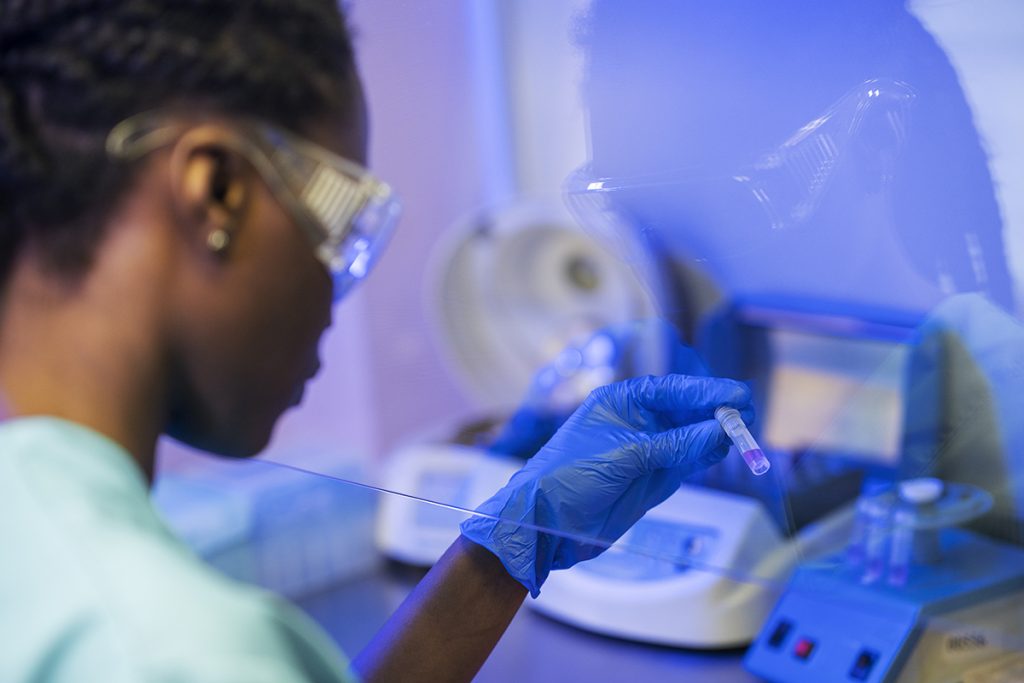(also known as Clinical Biochemistry) is a medical specialty that focuses on the biochemical analysis of body fluids, such as blood, urine, and cerebrospinal fluid, to diagnose and manage diseases. Chemical pathologists use biochemical tests to detect changes in the concentrations of various substances, including enzymes, hormones, lipids, and electrolytes, which can indicate disease or organ dysfunction. Here’s a detailed overview of chemical pathology, common diagnostic procedures, and tips on how to stay healthy:
A chemical pathologist is a physician who specialises in:
- Biochemical Analysis: Interpreting laboratory results from biochemical tests to diagnose diseases and monitor treatment.
- Disease Management: Providing clinical advice on the diagnosis and management of metabolic disorders, endocrine disorders, and other diseases with biochemical abnormalities.
- Quality Control: Ensuring the accuracy and reliability of laboratory tests and maintaining quality control in the biochemical laboratory.
- Research and Development: Conducting research to develop new diagnostic tests and improve existing ones.

Diagnostic Procedures
- Blood Tests:
- Complete Blood Count (CBC): Measures the levels of different blood cells (red cells, white cells, platelets) to detect anemia, infections, and hematological disorders.
- Electrolyte Panel: Measures levels of electrolytes (sodium, potassium, chloride, bicarbonate) to assess hydration status and kidney function.
- Liver Function Tests (LFTs): Measures enzymes and proteins produced by the liver to assess liver health and detect liver diseases.
- Kidney Function Tests: Includes tests like blood urea nitrogen (BUN) and creatinine to evaluate kidney function.
- Lipid Profile: Measures cholesterol and triglycerides levels to assess cardiovascular risk.
- Glucose Tests: Measures blood sugar levels to diagnose and monitor diabetes.
- Urine Tests:
- Urinalysis: Examines the physical, chemical, and microscopic properties of urine to detect urinary tract infections, kidney diseases, and metabolic disorders.
- 24-hour Urine Collection: Measures substances excreted in urine over 24 hours to assess kidney function and detect disorders of metabolism.
- Specialized Tests:
- Hormone Assays: Measures hormone levels (e.g., thyroid hormones, cortisol, insulin) to diagnose endocrine disorders.
- Tumor Markers: Measures specific proteins and substances produced by cancer cells to aid in cancer diagnosis and monitoring.
- Enzyme Activity Tests: Measures the activity of specific enzymes to diagnose metabolic and genetic disorders.
- Toxicology Screens: Detects and measures drugs, toxins, and poisons in the body.
Tips for Heart Health
Balanced Diet: Eat a diet rich in fruits, vegetables, whole grains, lean proteins, and healthy fats to provide essential nutrients and support metabolic health.
Regular Exercise: Engage in regular physical activity to maintain cardiovascular health, support metabolic function, and manage weight.
Adequate Hydration: Drink plenty of water to support kidney function and overall health.
Manage Stress: Practice stress-reducing techniques such as mindfulness, meditation, or yoga to maintain hormonal balance and mental health.
Regular Check-ups: Schedule regular health check-ups and laboratory tests to monitor health and detect potential issues early.
Avoid Smoking and Excessive Alcohol: Smoking and excessive alcohol consumption can negatively impact metabolic health and increase the risk of chronic diseases.
Maintain a Healthy Weight: Achieve and maintain a healthy weight to reduce the risk of diabetes, cardiovascular diseases, and other metabolic disorders.
Get Vaccinated: Stay up-to-date with vaccinations to prevent infections that can affect metabolic health.


